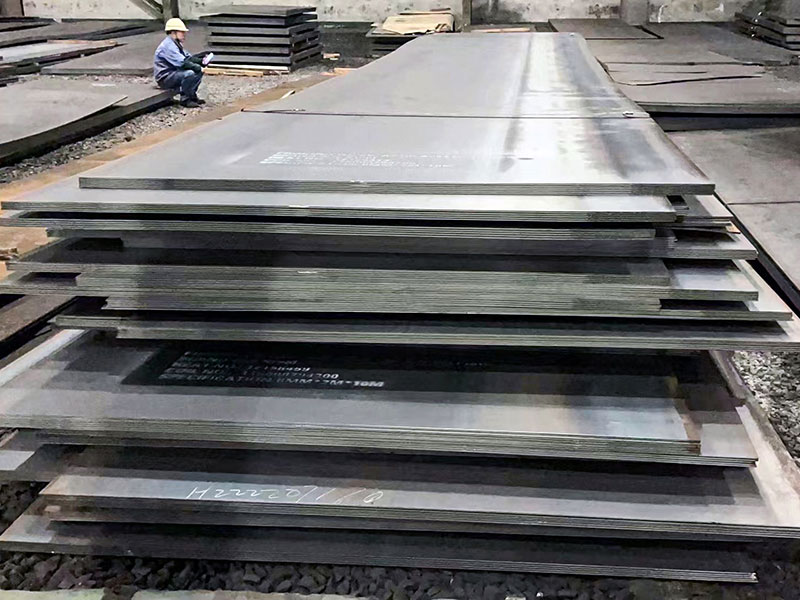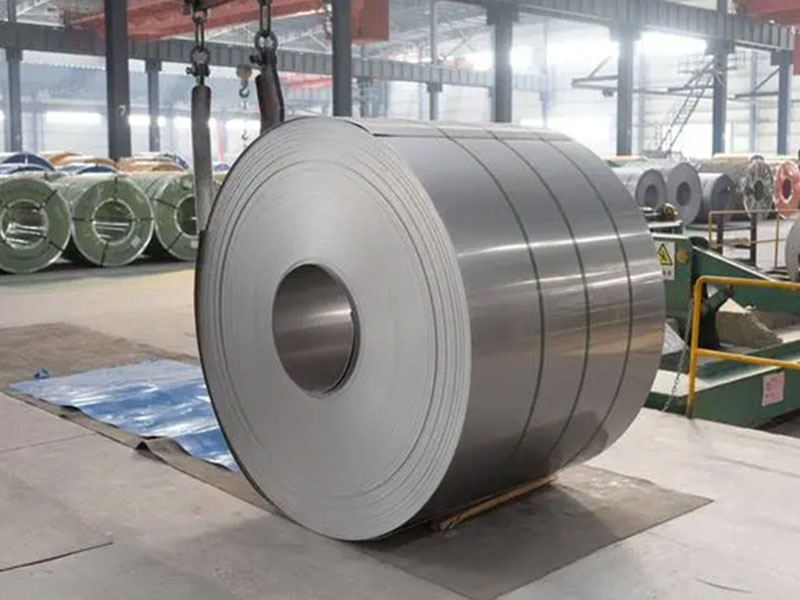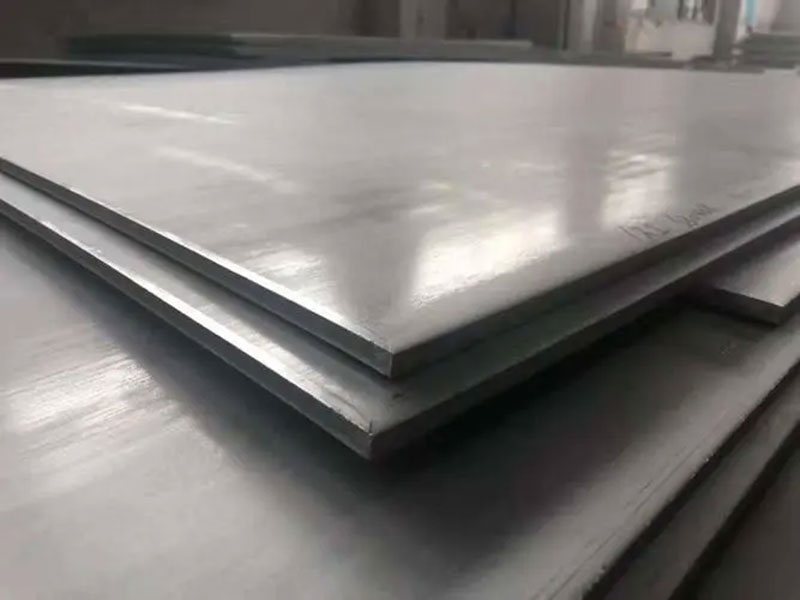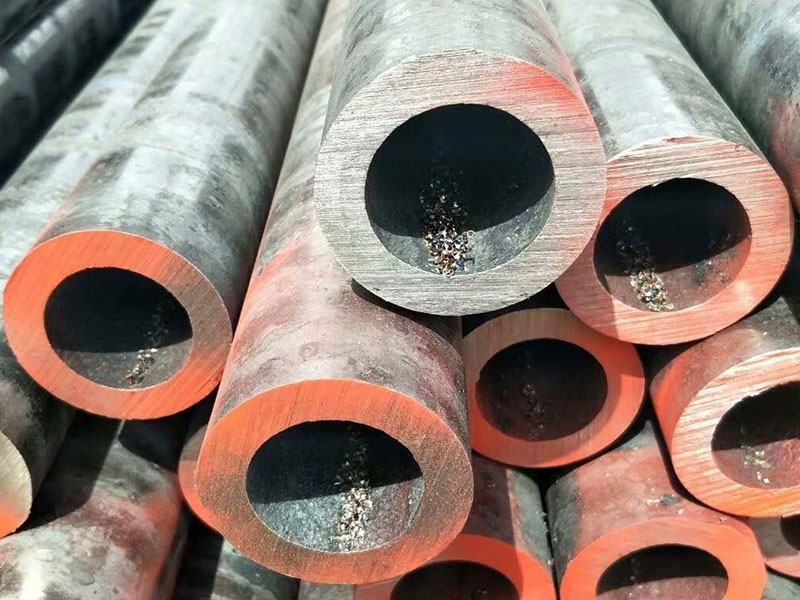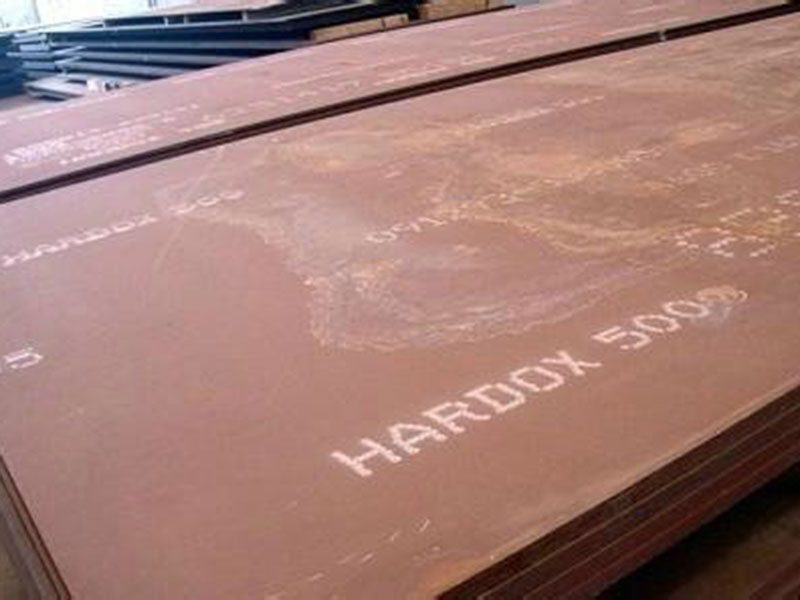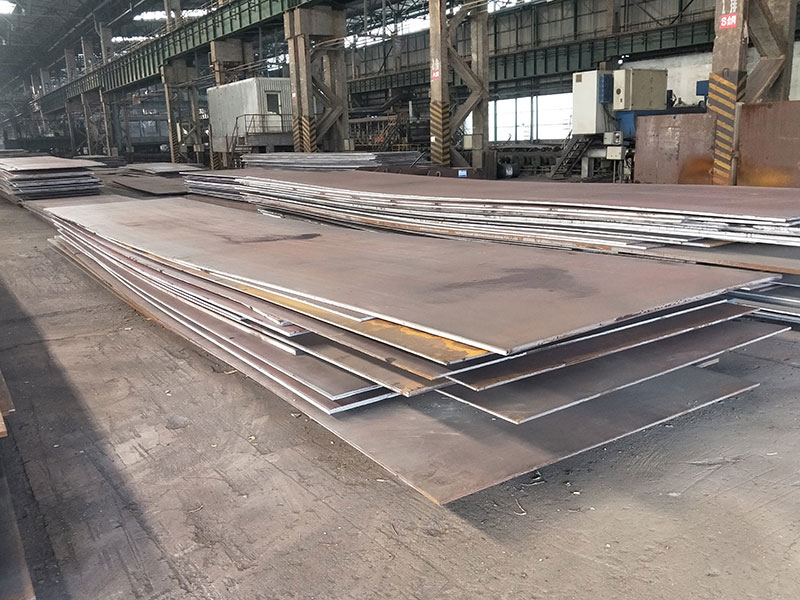What Are The Processing Characteristics Of NM400 Wear-resistant Plate?
High manganese steel has a manganese content of up to 11% to 18% and has high plasticity and toughness.
It has the following characteristics in cutting processing:
(1) Severe work hardening: During the cutting process of high manganese steel, due to large plastic deformation, the austenite structure transforms into a fine-grained martensite structure, resulting in severe hardening. The hardness before processing is generally hb200~220, and the surface hardness after processing can reach hb450~550. The depth of the hardened layer is 0.1~0.3 mm. Its hardening degree and depth are several times higher than that of No. 45 steel. Severe work hardening increases the cutting force, aggravates tool wear, and easily causes tool chipping and damage.
(2) High cutting temperature: Due to the high cutting power, a lot of heat is generated, and the thermal conductivity of high manganese steel is lower than that of stainless steel, only 1/4 of medium carbon steel, so the temperature in the cutting zone is very high. When the cutting speed vc<50 m/min, the cutting temperature of high manganese steel is 200°C to 250°C higher than that of No. 45 steel. Therefore, the tool wear is serious and the durability is reduced.
(3) Difficulty in chip breaking: The toughness of high manganese steel is 8 times that of No. 45 steel, and the chips are not easy to bend and break during cutting.
(4) Dimensional accuracy is difficult to control: The linear expansion coefficient of high manganese steel is similar to that of brass. Under high cutting temperatures, local thermal deformation occurs, and dimensional accuracy is difficult to control. When cutting high manganese steel, rough machining should be performed first, and then fine machining should be performed after the workpiece is cooled to ensure the dimensional accuracy of the workpiece.

